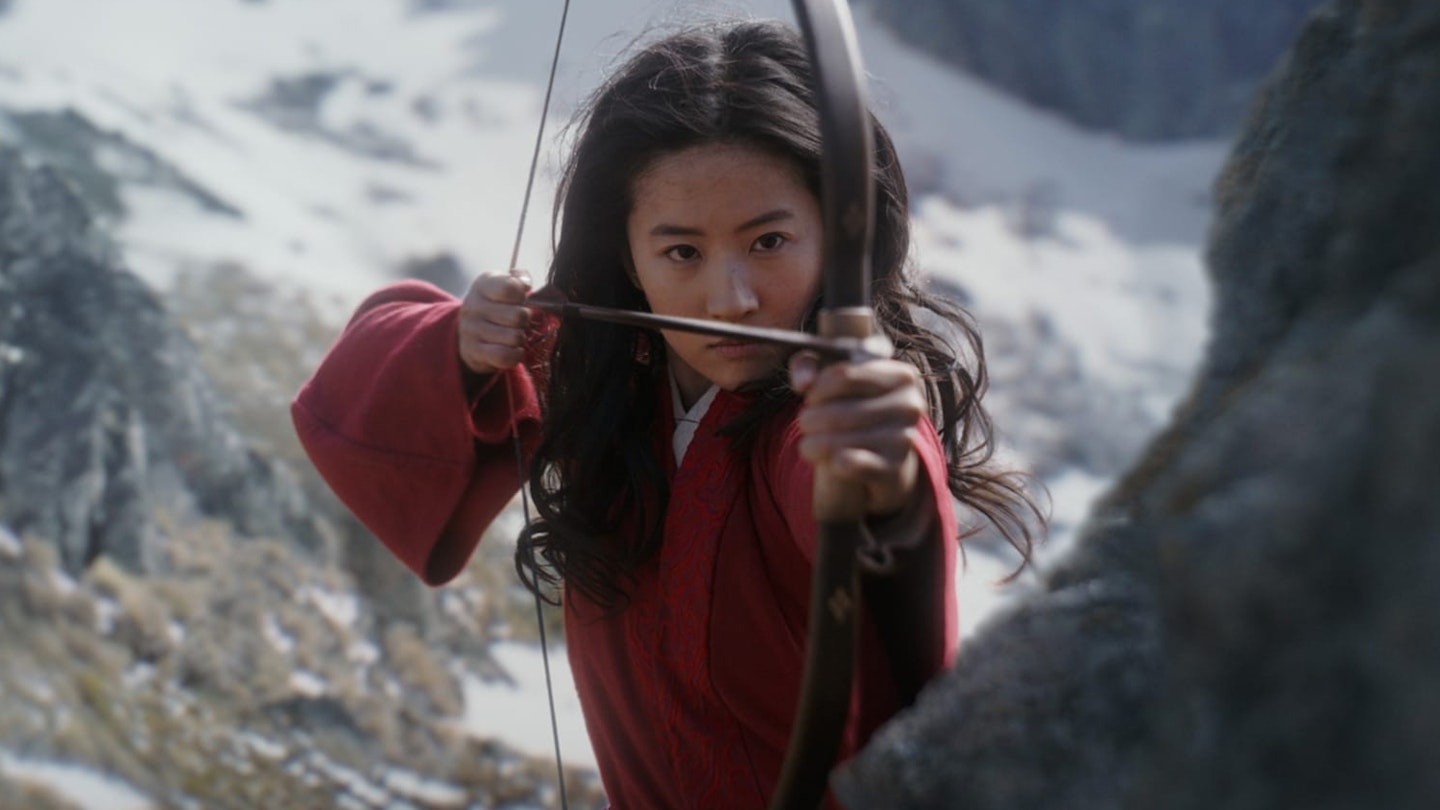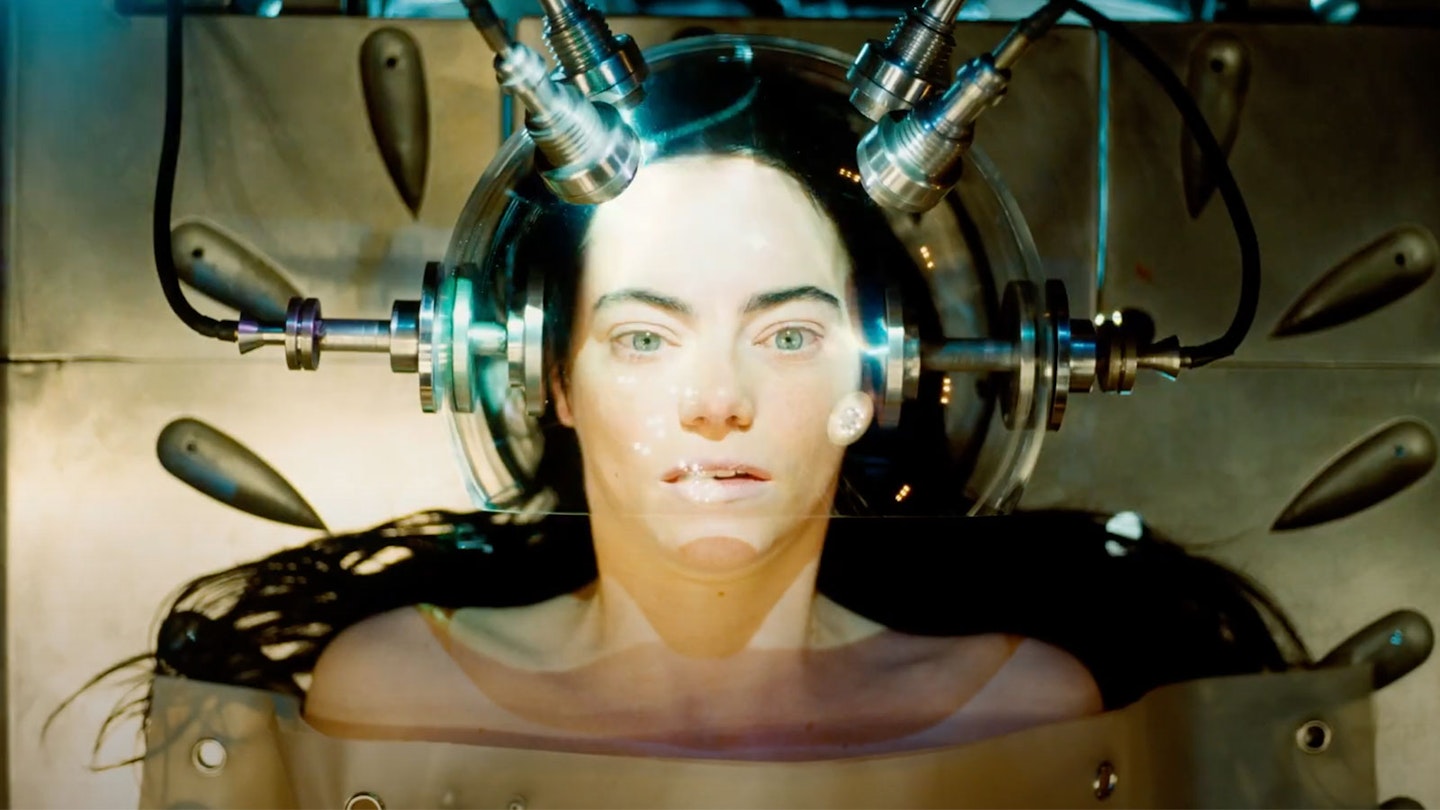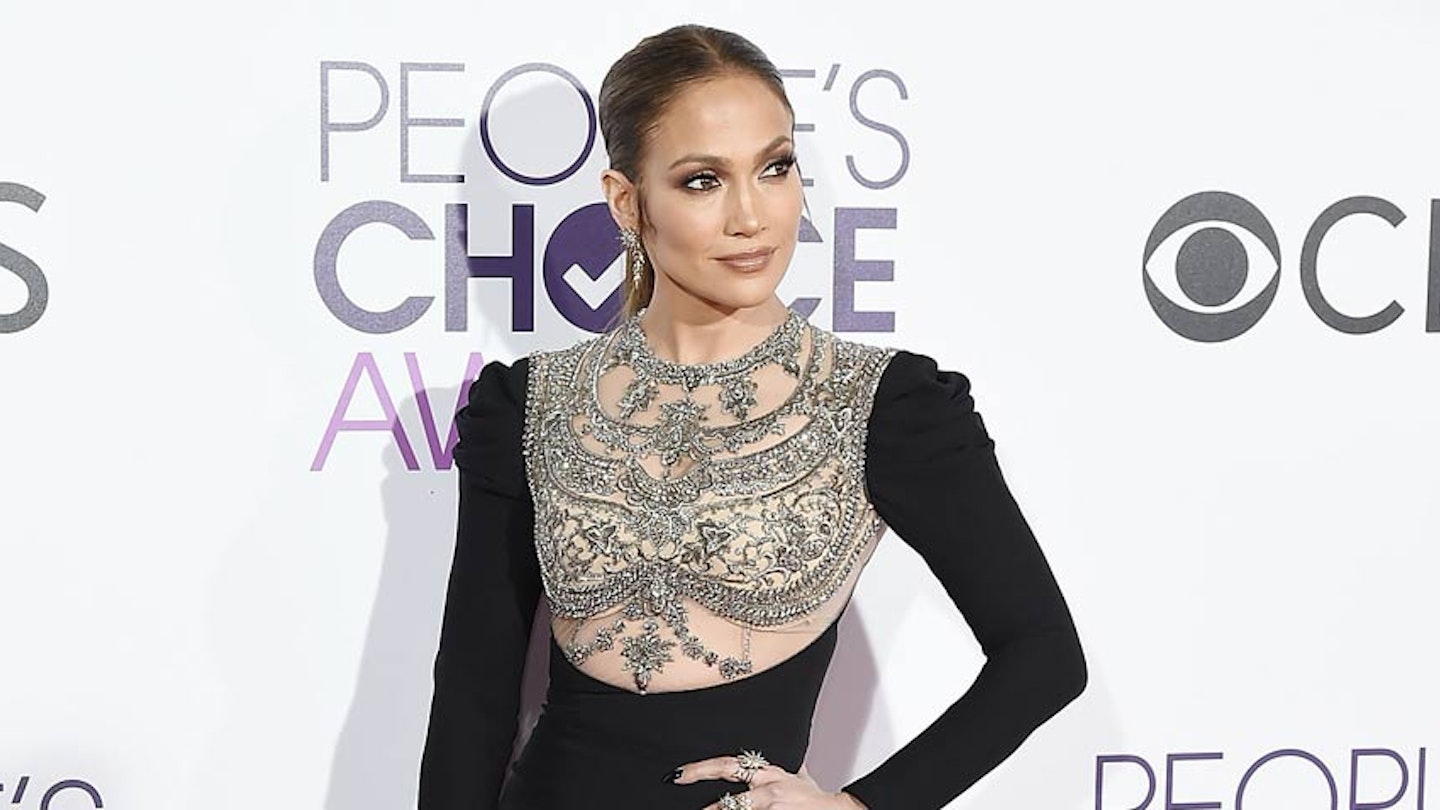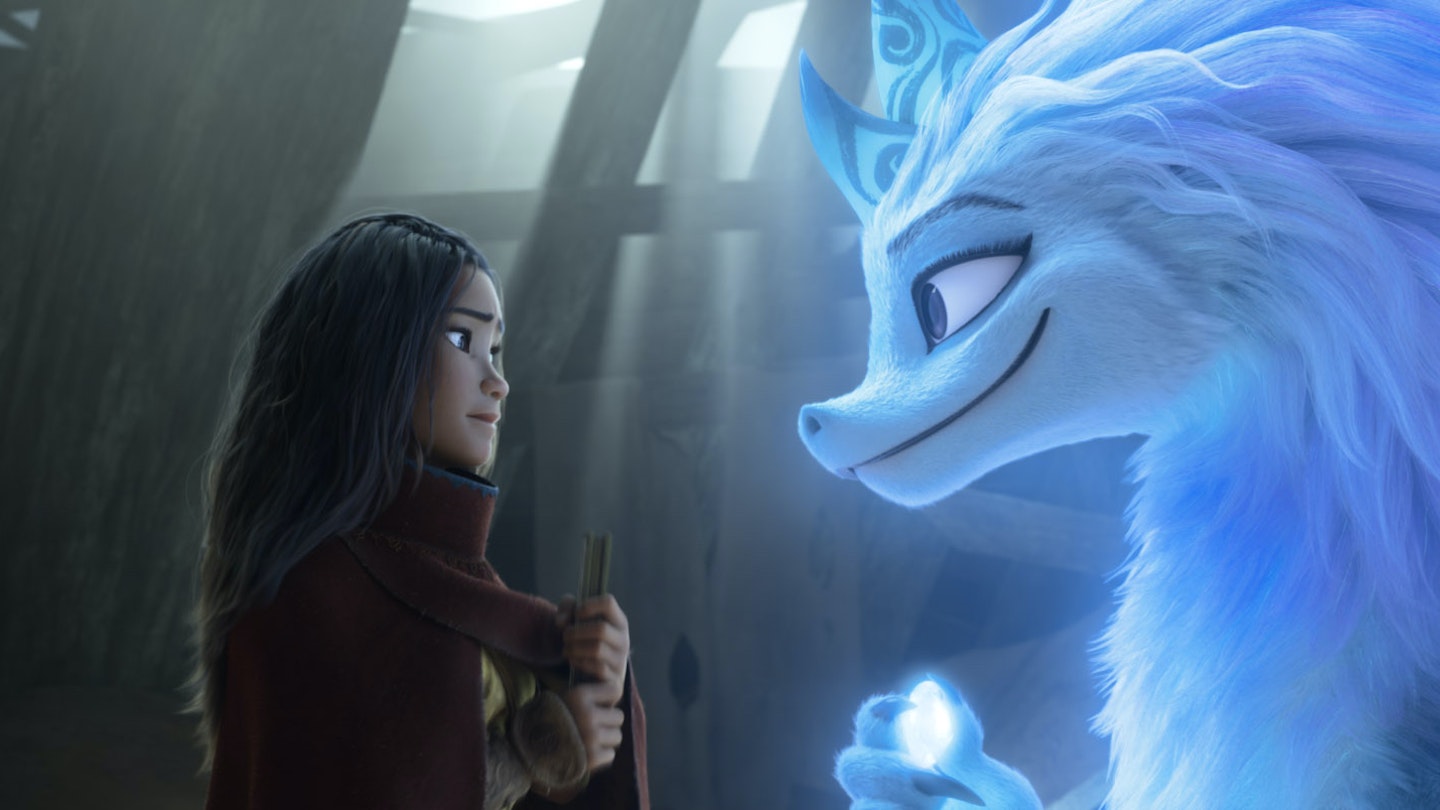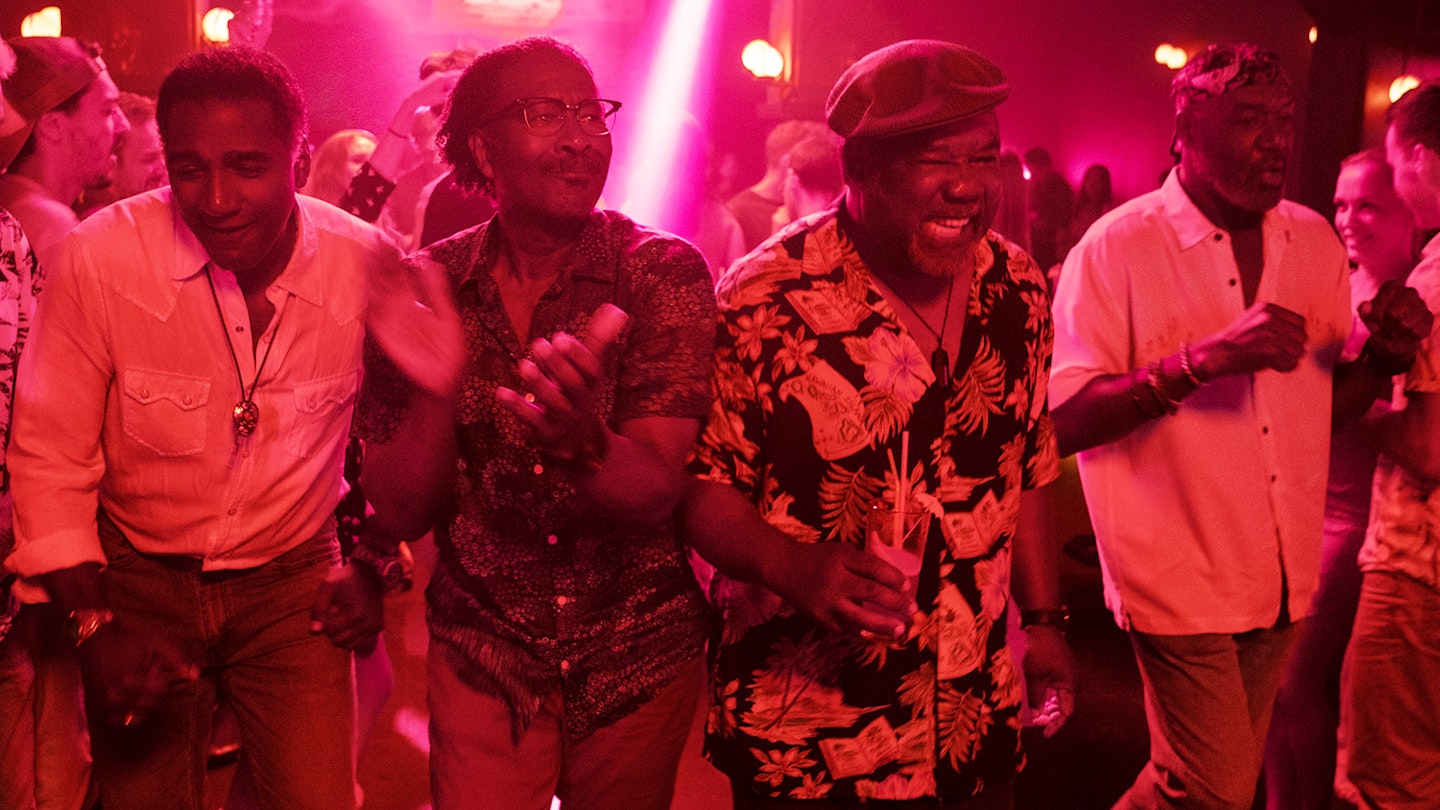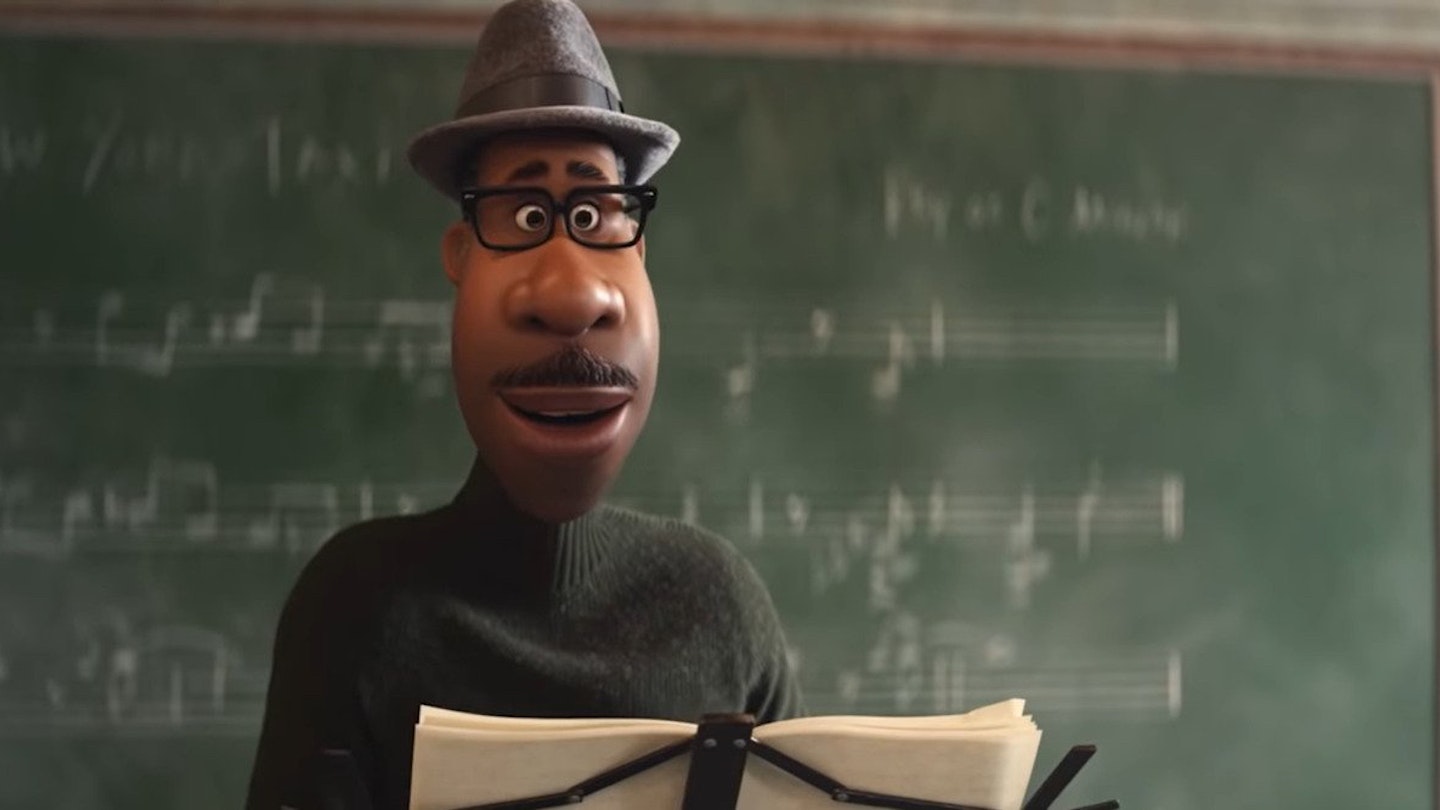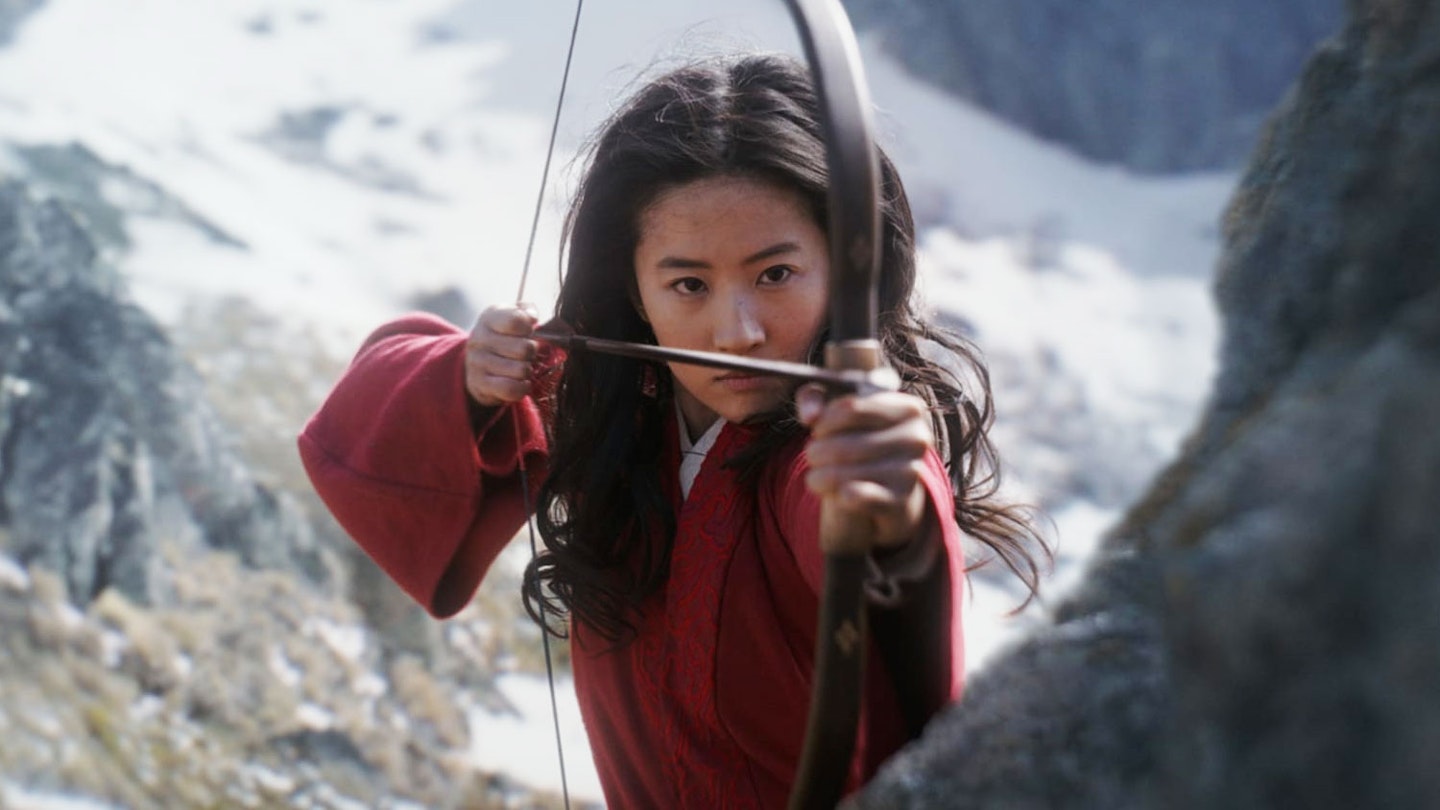Bittersweet comes the news that Niki Caro’s Mulan is not only the best live-action Disney adaptation to date, but also a dazzling, moving, hair-prickling spectacle. Because in a move from Disney that at the time felt controversial, and now feels like a crying shame, a VOD release through Disney+ is for many the only way to watch this epic-scale action experience that feels made for the big screen.
A sore reminder of this disservice hits watching Mulan’s (Liu Yifei) first fight during her training for the Imperial Army. Disguised as Jun, her chest is bound and hair (which unlike the animated film has pointedly not been cut short) twisted into a warrior’s topknot. She faces off against her friend and potential interest Chen Honghui (Yoson An). A band of misogynistic but redeemable comrades pile over themselves to devour the showdown, much like during Neo and Morpheus’ first fight in The Matrix.
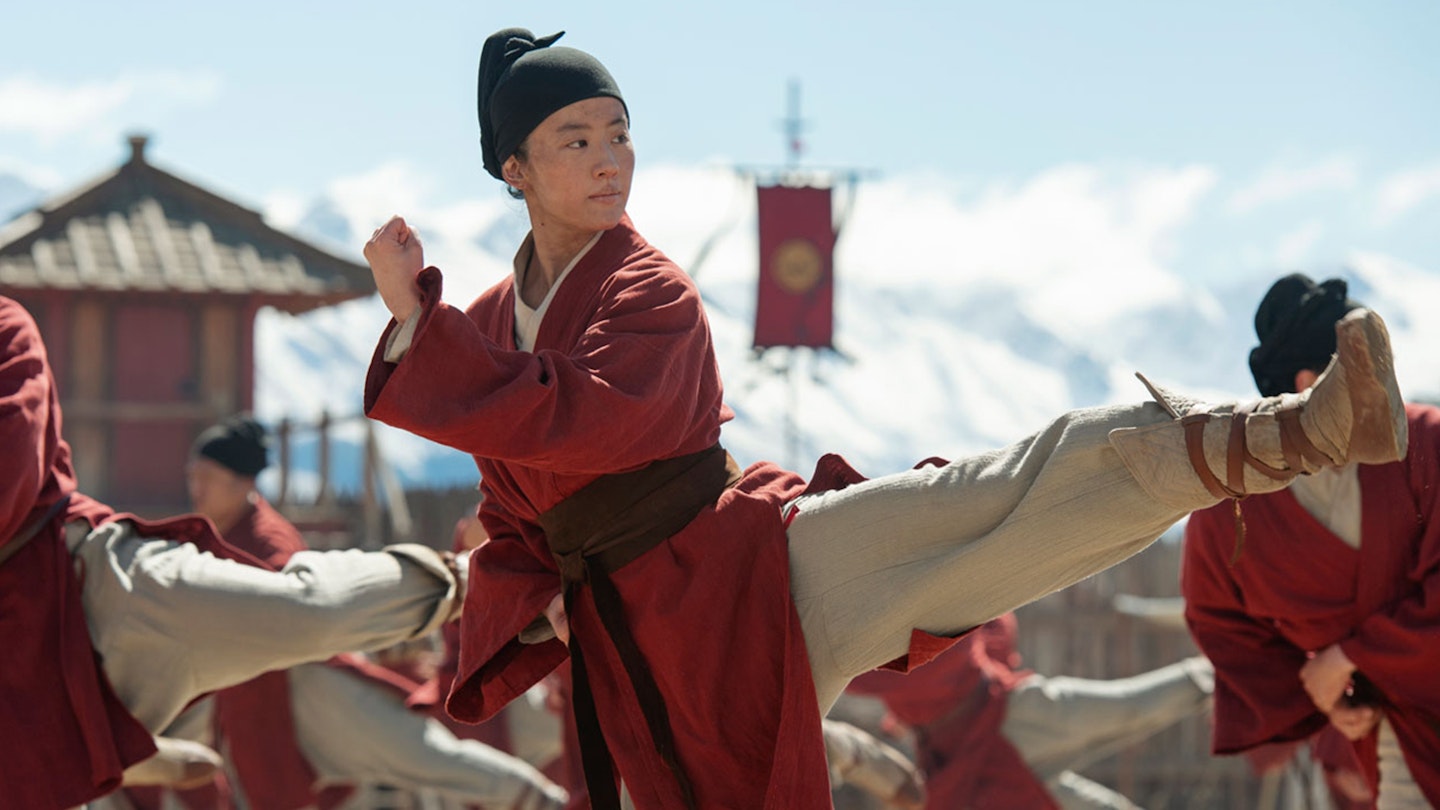
What ensues — and will set the bar for Mulan’s remaining battles scenes — is a choreographed sequence so meticulously staged that the warriors appear to create their own gravitational pull. Each move is thrilling and pinpointed to the character’s personality, but they also improvise with costume and habitat and are captured in crisp, vibrant detail. A heart-stopping climax ends the fight, and the blood rushes back into your body.
Such sophisticated fight sequences wouldn’t look out of place in an adult-oriented high-action American or Chinese production. For a family-friendly Disney film, adapted from an animated musical with a talking dragon by a filmmaker with no blockbuster-making background, this feels revolutionary. Niki Caro proved her ability to respectfully capture young women’s stories with her confident New Zealand-set debut Whale Rider in 2002 — though her biggest film to date is Jessica Chastain-fronted period drama The Zookeeper’s Wife. Here she has succeeded where more vaunted filmmakers have failed, by ditching the frame-by-frame remake approach and stripping Mulan back to what makes it remarkable and relevant. Only she hasn’t just made a film about an oppressed young woman’s evolution against war-torn Imperial China; she’s made it for her.
The sole focus on Mulan’s trajectory clears the path for some goosebump-inducing moments of empowerment.
With a thin plot to work with, the majority-female writing pool have instead centralised Mulan’s inner journey as a loyal but discontented daughter-turned-soldier. Her mettle is asserted in a fun, chaotic opening scene involving a chicken — the source of her agile talent is the invisible force known as “ch’i” — and her love for her father, paired with an unwillingness to be married off, drive her to leave home and protect her country.
The story moves fast — occasionally shifting a little too quickly in tone to feel cohesive — but Liu imbues the regretful and repressed Mulan with a steely stoicism. As a seasoned action performer, the Chinese-American actress handles most of her own stunts to boot, and cuts a commanding figure against landscapes made of snow and jewel-coloured skies. Her surrounding world is a blend of fantasy and Western, vividly conjured up by cinematographer Mandy Walker (Jane Got A Gun, Hidden Figures).
The sole focus on Mulan’s trajectory clears the path for some goosebump-inducing moments of empowerment that feel less laboured than Aladdin’s feminist musical number ‘Speechless’, or that hurried ‘girl power’ scene in Avengers: Endgame. It does, however, do a disservice to some of the supporting roles: the casting of Jet Li as the purely ceremonial Emperor is bewildering, while Rosalind Chao’s flappable, traditional matriarch isn’t as richly written as Mulan’s ailing war hero father, played with warmth by Tzi Ma. Gong Li’s aquiline witch Xianniang is by far the most compelling of the bunch and afforded the best character design: a jaded outcast in steel-feather armour and Adam Ant-style warpaint who can turn her fingers into talons.
The complexity of her relationship with Mulan is tangled in personal politics and poignant observations on womanhood, and in many ways overshadows Mulan’s budding and sensibly side-lined relationship with Honghui. On the rare occasion that romance does push to the surface, however, the chemistry between the friends crackles with promise. Fans of the animated original may bristle at the underuse of An’s valiant warrior, or the absence of family-friendly comedy sidekicks. For her film, Caro has replaced Eddie Murphy’s Mushu with a vibrant, slightly scrappy phoenix as a nod to Mulan’s ancestral roots. This luminous creature is of course a metaphor for the rebirth of Mulan as a gifted and confident warrior, but upon watching this magnificently crafted, immersive interpretation that stands apart from anything we’ve seen Disney do before, it’s hard not to see this film as the phoenix itself, rising from the studio canon into daring new terrain. It’s just a shame it’s not being given the chance to flap its wings in cinemas and truly fly.
